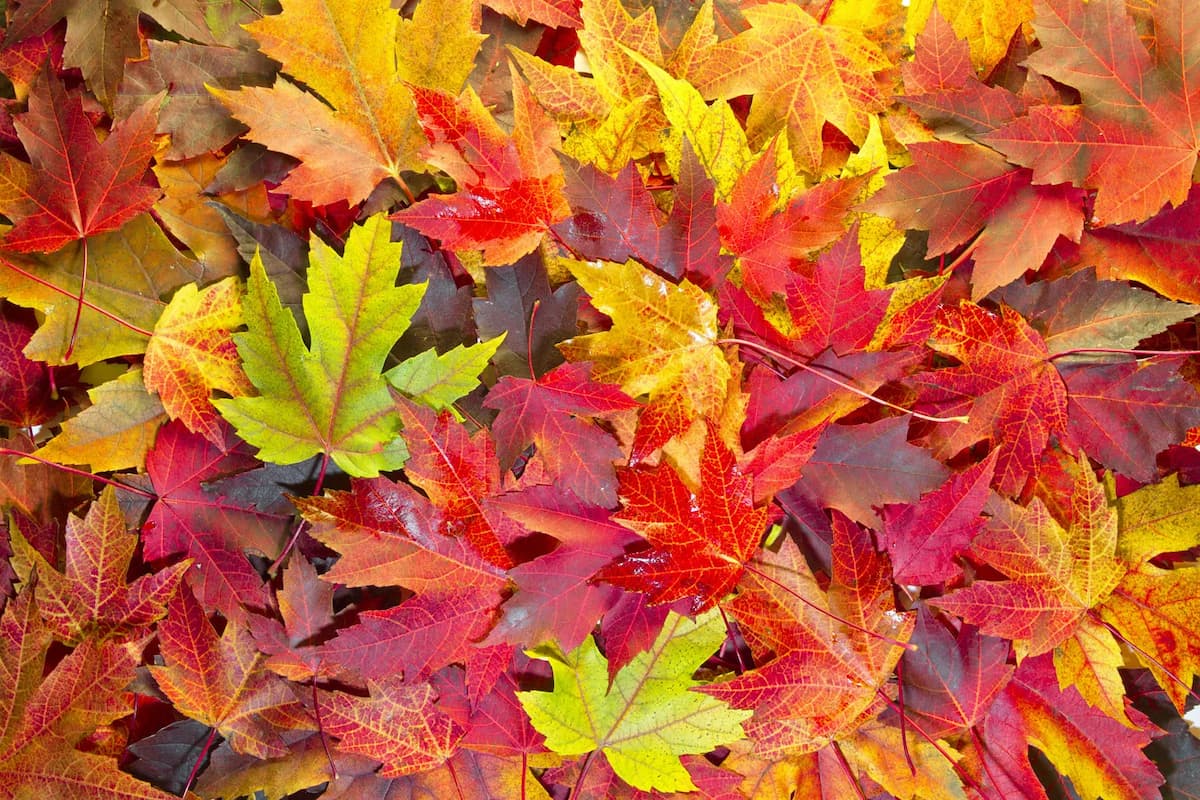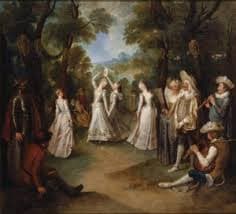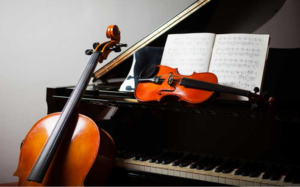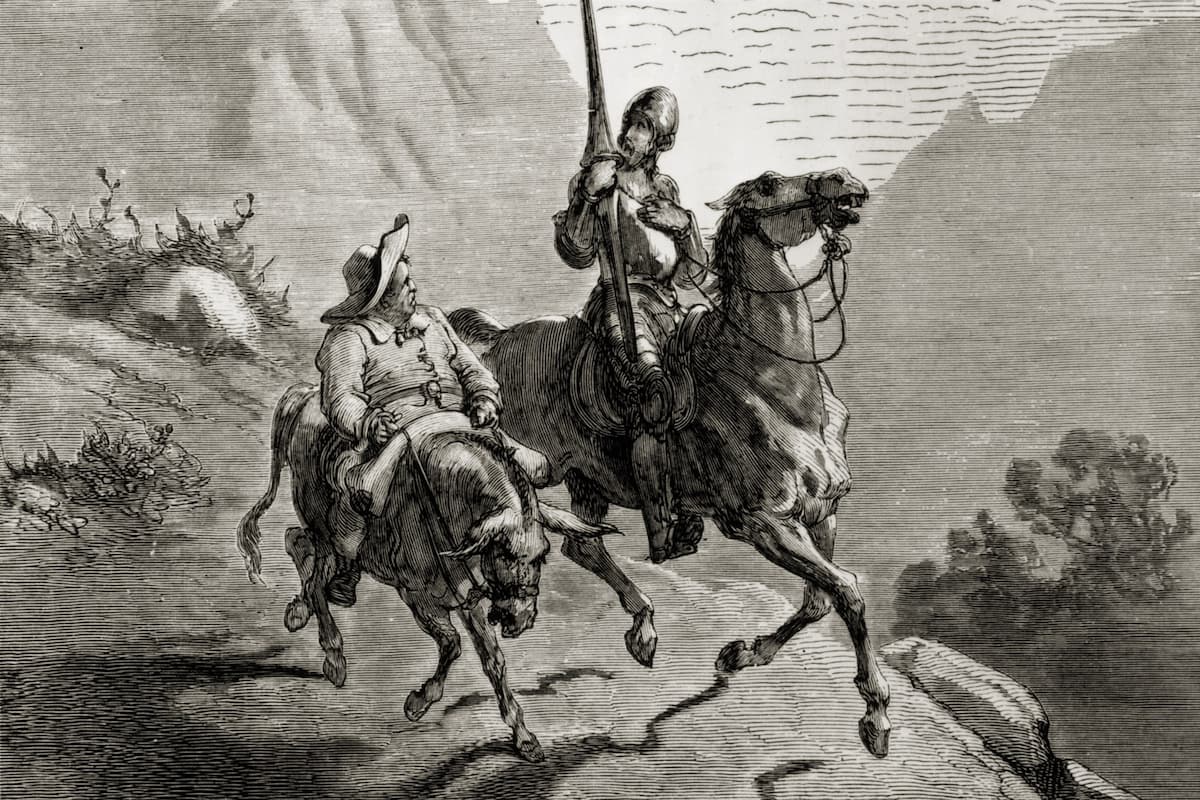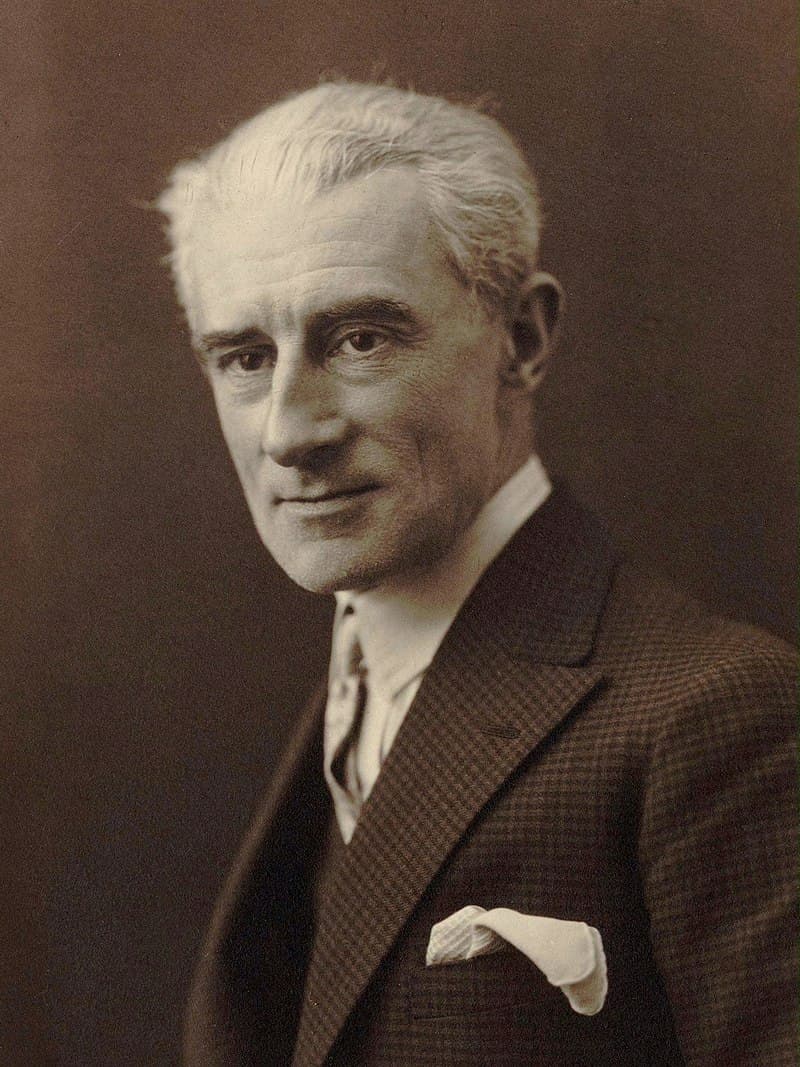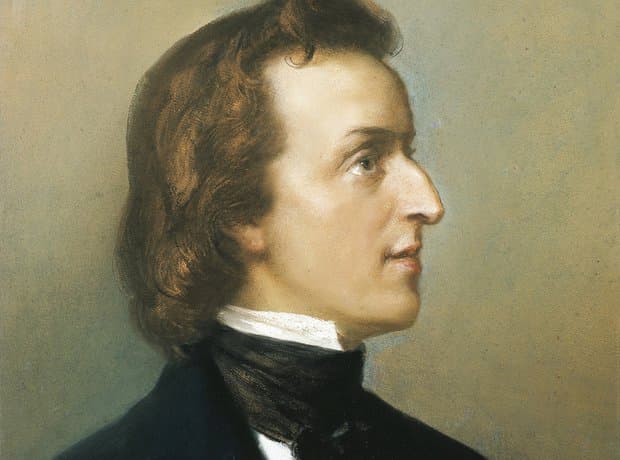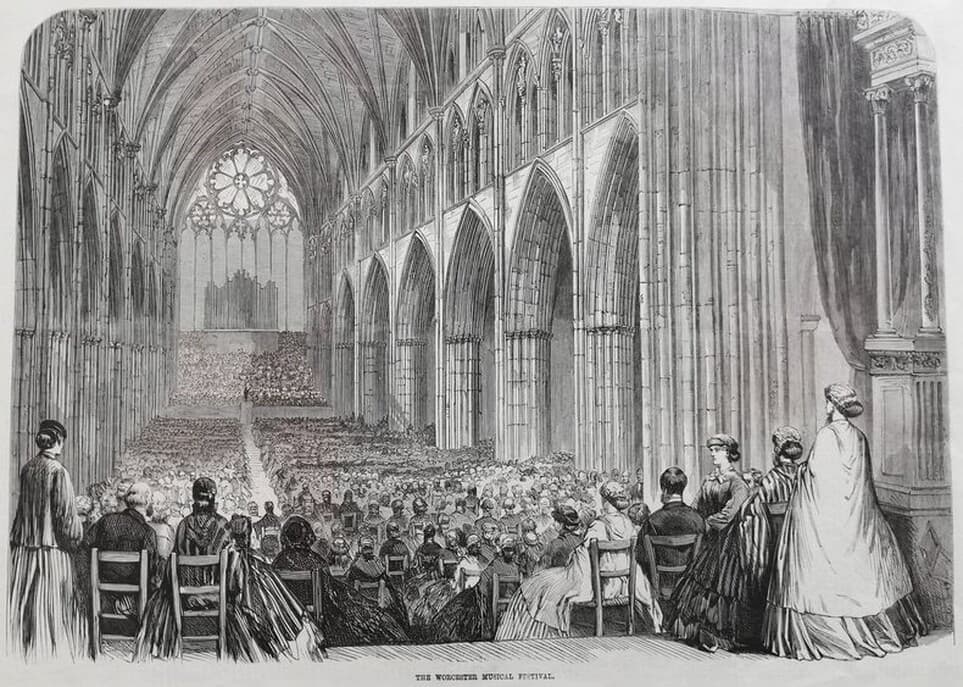Need some classical music about autumn and the fall season to add to your playlist? We’ve got you covered! Today, we’re looking at almost four centuries of music. So grab a pumpkin spice latte, settle in, and enjoy these thirty
Playlists
Léon Minkus (1826-1917) was actually born Alois Ludwig Minkus in 1826 in Vienna. A violin virtuoso, conductor and composer, he made his first excursion into the world of ballet in collaboration with Marius Petipa in Paris in 1846. Minkus had
The piano trio, most commonly featuring the piano, a violin, and a cello, is one of the most popular pairings in classical chamber music. The amount of music written for this particular instrumental combination is absolutely staggering. Composers from A
If you’re a cat owner, you’ve probably noticed how your furry friend can get easily irritated by loud noises or sudden movements. Fortunately, there might be a solution that calms your cat’s nerves: classical music. Studies have shown that classical
In times of crisis, we are always looking for heroes; while losing his left hand in the battle of Lepanto and being held for ransom in prison in Algiers, the author Miguel de Cervantes found his hero in the 16th-century
Maurice Ravel was born in Ciboure, France, near the Spanish border on the Bay of Biscay in 1875. He grew up to become one of the most influential composers in French history. Here are a few facts about his life
Delicacy. Poignancy. Romance. These are just a few of the words often associated with Frédéric Chopin‘s timeless compositions for piano. That said, Chopin’s music doesn’t have a monopoly on those adjectives. Today, we’re looking at ten works by ten composers
Over 300 years ago, the three Choirs of the cathedrals of Hereford, Gloucester, and Worcester decided to hold an annual music festival at the end of July. The origins of the annual music meetings of the “Three Choirs” were outlined

